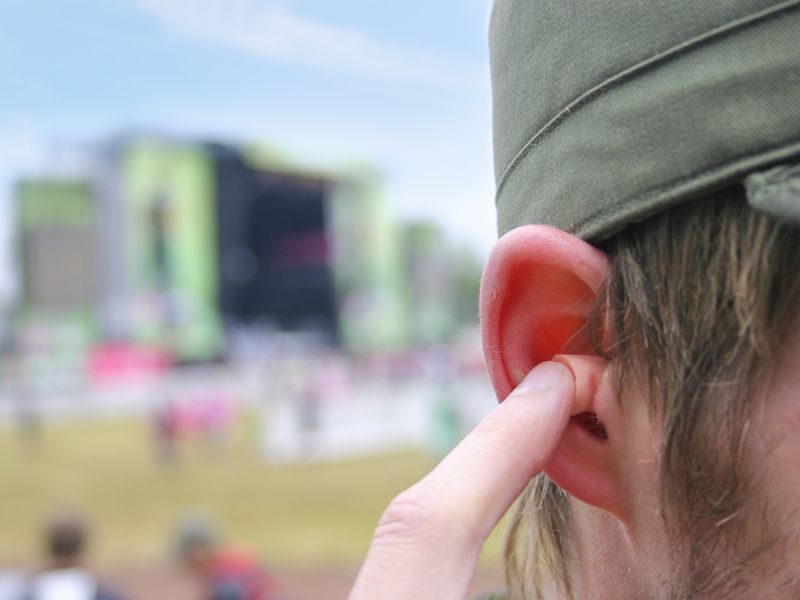
Earplugs can be helpful if you’re subjected to loud noises, such as, something as basic as a spouse who is snoring, or a lawnmower in your backyard, or going to a concert at an arena. In the first two instances, they can assist in safeguarding your ears by turning down the volume. They assist in saving your peace of mind and possibly even your marriage, in the last circumstances, by enabling you to get a good night’s sleep. But is your hearing being harmed by these protectors?
What’s The Point of Using Earplugs?
It’s a fairly simple case for wearing earplugs: When used properly, earplugs can limit your exposure to excessive volume levels and thereby shield your hearing. When you leave a loud place, say a football game where the announcer keeps exhorting the crowd to, GET LOUD, when the opposing team kicks off, you’ve probably noticed that your hearing seems different, and you might also suffer from symptoms of tinnitus. Those small hairs are bent by this kind of noise exposure and that’s the reason why this happens. It often disappears within a day or two, because the hair cells have recovered.
But if you’re exposed to excessive decibels frequently, for instance, if you work on a construction site or at an airfield, the aural attack on those tiny hair cells is unrelenting. In this circumstance, those hairs never recover, they are permanently injured. Inside each cochlea, there are approximately 16,000 of these tiny hair cells, but up to 50% of them can be damaged or ruined before your hearing has changed enough for the deficiency to appear in a hearing test.
How Might Your Hearing be Injured by Using Earplugs?
With all that, you’d think that wearing earplugs would be a no-brainer when it comes to protecting your ears. But primarily if you’re in scenarios where you’re subjected to loud noises on a regular basis (like on the job or with the previously mentioned snoring spouse), headphones that reduce, but don’t totally cancel, sound or over the head earmuffs are a much smarter idea. Earplugs aren’t well suited to day to day use but are a smarter choice for one time events like a sports event or a concert.
Why? The first problem is, earwax. So that they can protect themselves, your ears produce earwax, and if you’re constantly wearing earplugs, more earwax will be created, and the earplugs will push it in further. Tinnitus and other complications can be the result of impacted earwax.
An ear infection can also be the consequence from overuse of earplugs. If you continuously use the same pair, and you don’t clean them from use to use, they can become breeding grounds for bacteria. Ear infections are, at the very least, an uncomfortable inconvenience. But at the negative end of the spectrum, they can also result in a loss of hearing if left untreated.
How Can You Utilize Earplugs Safely?
Whether it’s a good night sleep or protecting your hearing, there’s still a big benefit to wearing earplugs. You just have to be sure you’re using the proper kind and using them the correct way. Foam earplugs are the least costly, which is good because you really should not use them more than once, the soft, porous material is a germ’s paradise. Wax or silicone earplugs are reusable, but you need to keep them sanitized, wash them with warm water and mild soap to wash them, and you shouldn’t put them back in your ears until they’re thoroughly dry. It’s also a good plan to keep earplugs in a well ventilated container to prevent humidity, or worse, mold or bacteria, from building up.
You may want to talk to us concerning custom fit earplugs if you need or want them regularly. They’re comfortable since they are crafted from molds of your ears and they’re reusable. Again though, to prevent any possible hearing damage, it’s crucial to put into practice good earplug hygiene!
